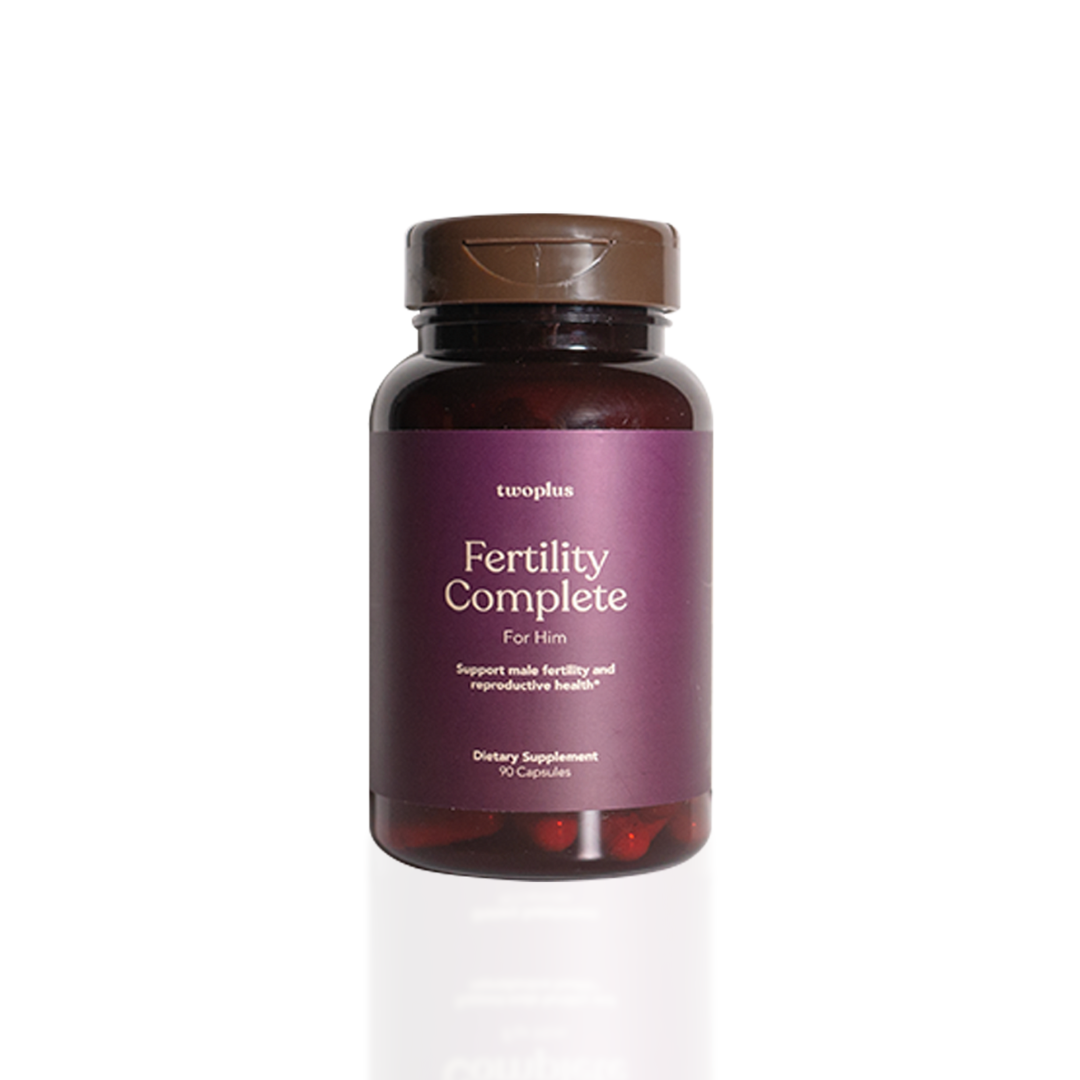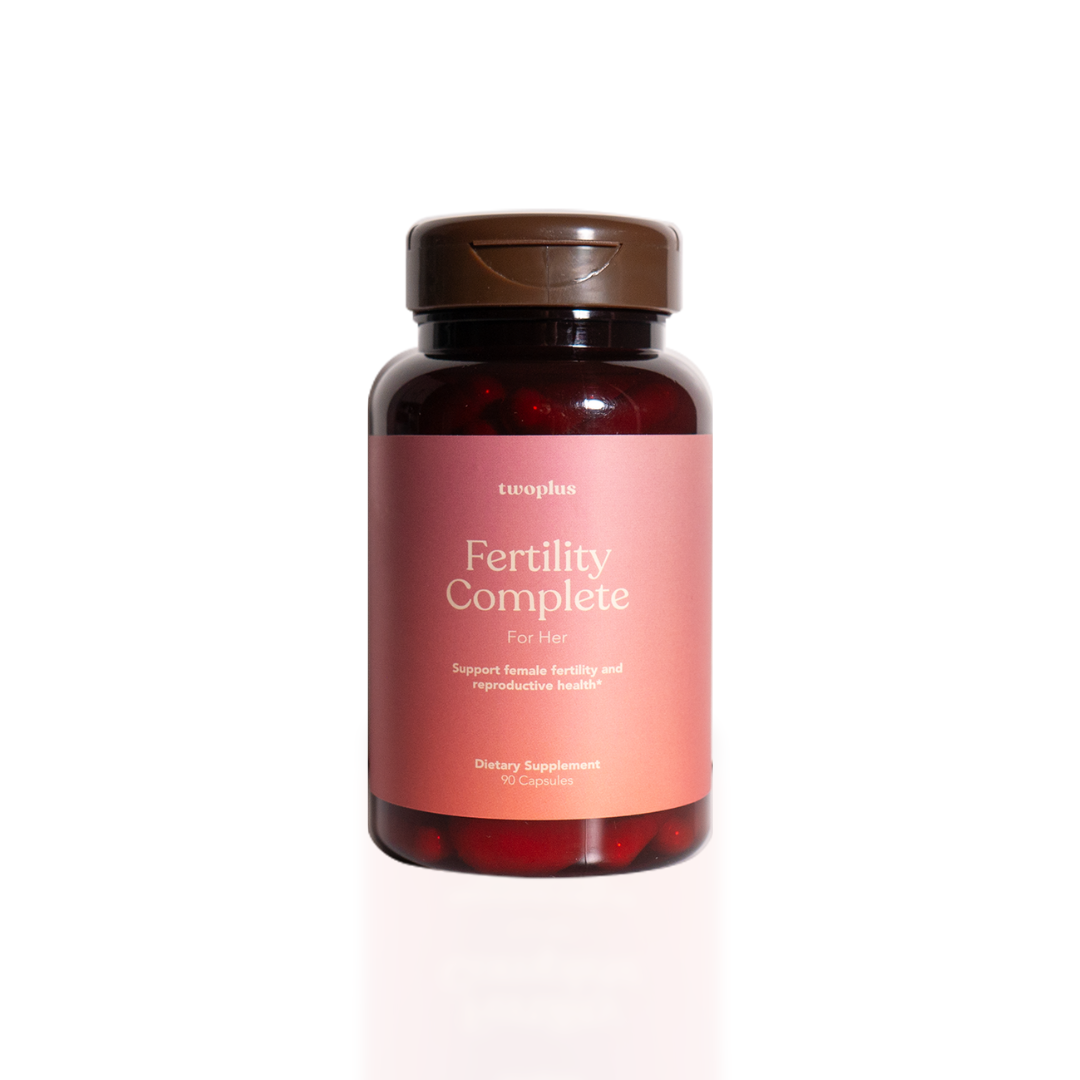A woman is born with a finite number of eggs. With age, particularly after the age of 35, the quality and number of a woman’s eggs declines, thereby reducing the chances of conceiving. What this also means is that if you want to have a baby, trying to conceive before 35 would be optimal and yield higher chances [2].
However, having children is a big decision to make — one that could come with career sacrifices, financial implications and changes to your current lifestyle. Because of those reasons and more, some women might prefer to have children at a later stage in life. However, with age, comes the decline of fertility, and this is what makes egg freezing vital.
For others, it’s not quite the issue of not wanting to have children yet, but not being able to find the right partner. With a woman’s biological clock ticking, egg freezing could be the solution for women hoping to become mothers, but are not yet married.
Regardless of the reason behind choosing to freeze one’s eggs, this shift in policy by the Singapore government, outlined via a White Paper on Women’s Development, is an important step forward as it empowers women to preserve their fertility for the future [4].





